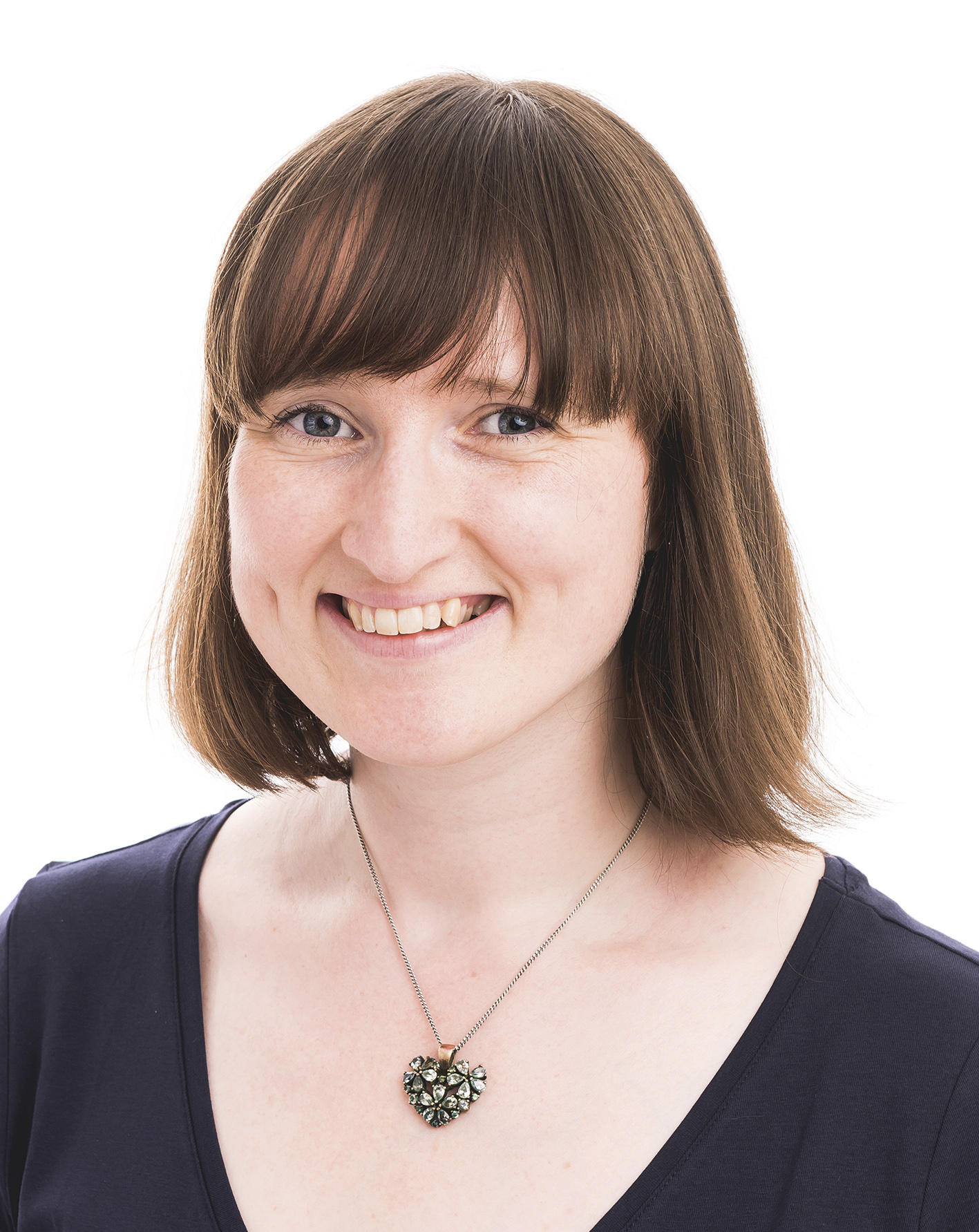Could you introduce Classical Cellists at the BBC?
It's the third in the series that the BBC has done on different instruments. David Owen Norris did a programme on the piano, Nicola Benedetti did one on the violin. I've always been fascinated by films of cellists, naturally. And we really have come up with some extraordinary clips.
Who can we expect to see in the programme?
I was sent the complete list of every cello performance in the BBC film archive, something I've always dreamed of seeing. Actually beyond that I knew of some that weren't quite listed right, which we also managed to find. We've got Mstislav Rostropovich, Pablo Casals, lots of Paul Tortelier, including a very early clip from 1955, and Gregor Piatigorsky giving the first European performance of the Walton Concerto.
We've got more modern cellists as well. I was slightly nervous about that as there are a huge number of choices and it puts me in an unenviable position. But that's life, and I did choose five current-day cellists.
The cello was a focus at the BBC Proms over the summer, and as you say there are so many good cellists around now. Are we in a golden age for cello playing?
From when I first started being interested in the cello, when I was 11 or so, the general standard of cello playing has improved dramatically. The person that really shook the cello world by the scruff of its neck was Rostropovich. I saw him when I was 13 for the first time and it was playing on a different level. That sharpened everyone up. The cello really became a solo instrument to equal the violin and the piano.
It may seem strange, but when I first went to concerts there were very few celllo concertos in standard orchestra programmes. Then of course with Rostropovich a whole new repertoire came along: Shostakovich, Britten, Prokofiev. He created that new opportunity for the instrument. The cello is now hugely established and as a result you have a tremendous number of young players coming through.
And of course a cellist won this year's BBC Young Musician…
And he's in it too. Sheku Kanneh-Mason is a player with tremendous potential. We've got a little clip from him in the semi-final playing Rachmaninov. He's next to these great cellists and he doesn't come short.
When you were sifting through all the footage, did you come to any conclusions about what it is that makes a cellist 'great'?
You have to take it as read that there's a basic level of brilliant technique (if you can have a 'basic' level of brilliancy). You can't be a great cellist without that. Then of course you have individuality. I think that's the thing that singles out all of these cellists. They have tremendous individual personalities. You know it when you see it.
And is there a particular highlight for you in the programme?
I always hate singling things out when you've got a whole programme. But I have to say that seeing the clip of Rostropovich rehearsing Shostakovich's Cello Concerto No. 1 in the Royal Festival Hall for probably the first performance in the West, with Shostakovich there, is absolutely stunning.
Interview by Rebecca Franks
Classical Cellists at the BBC is on BBC Four on Friday 9 December at 8pm
